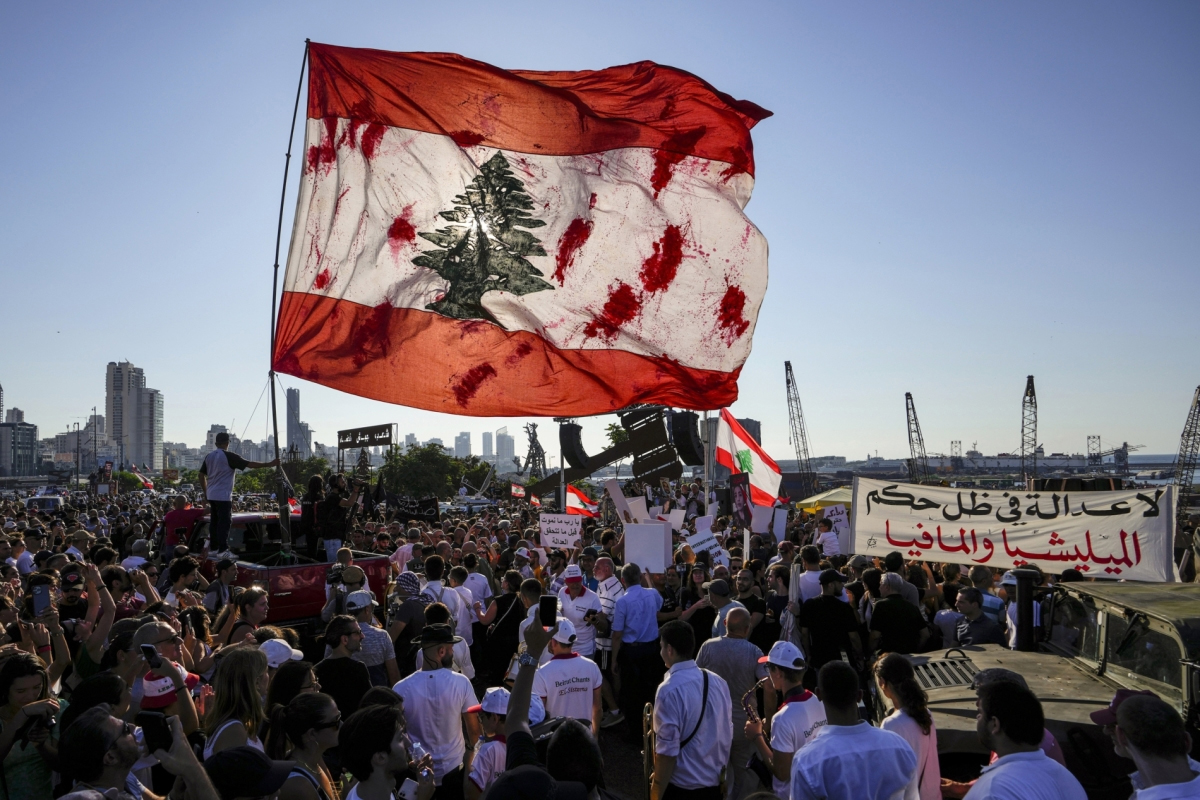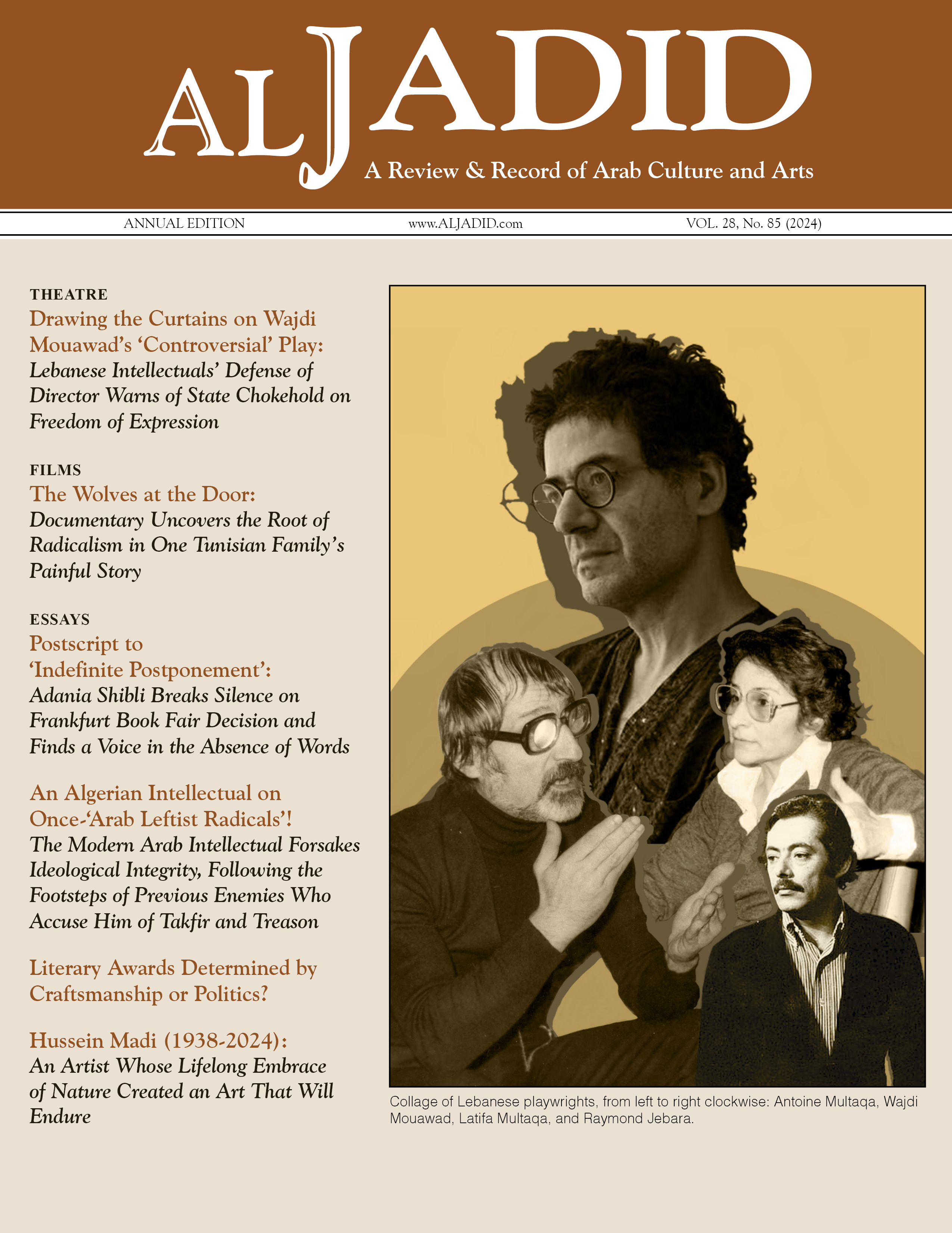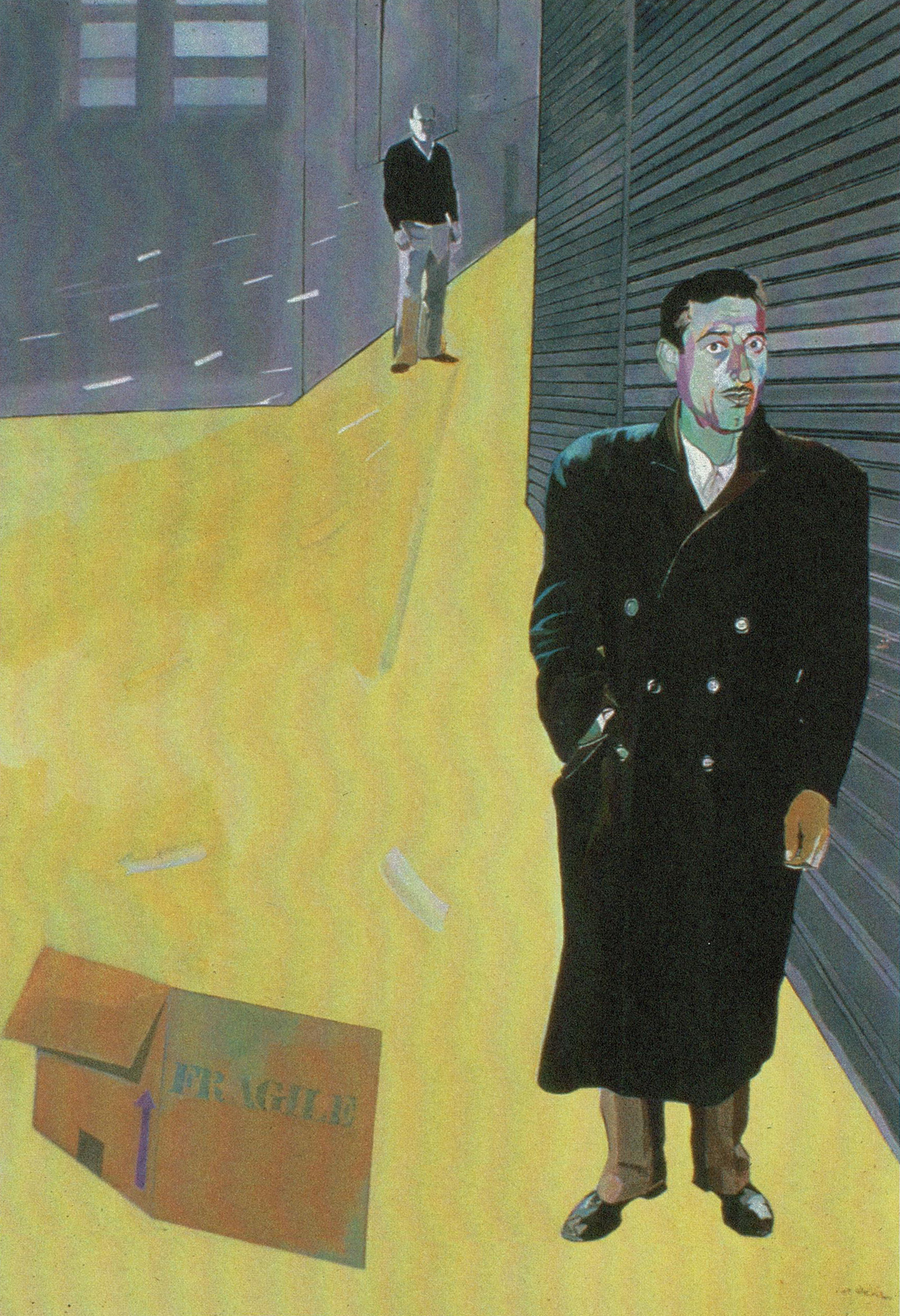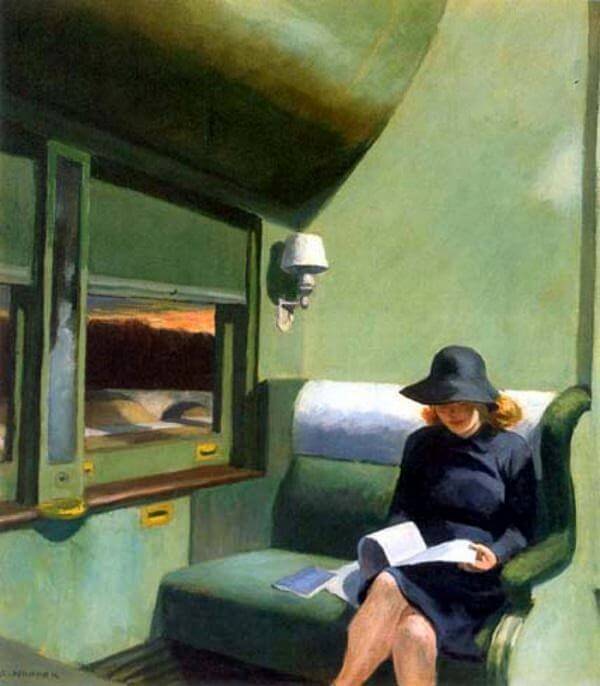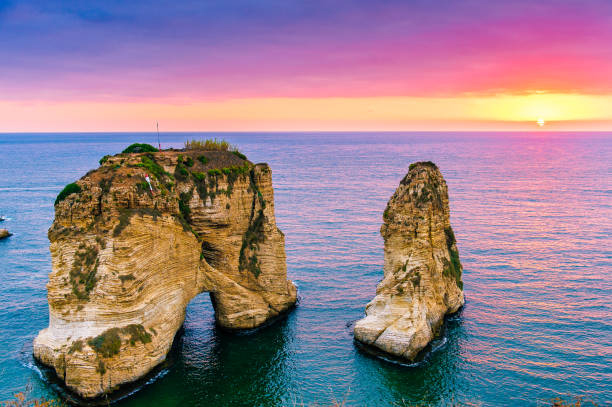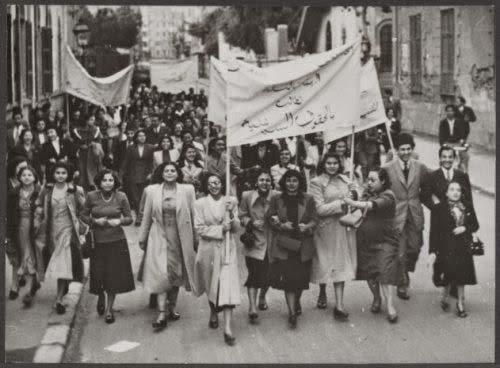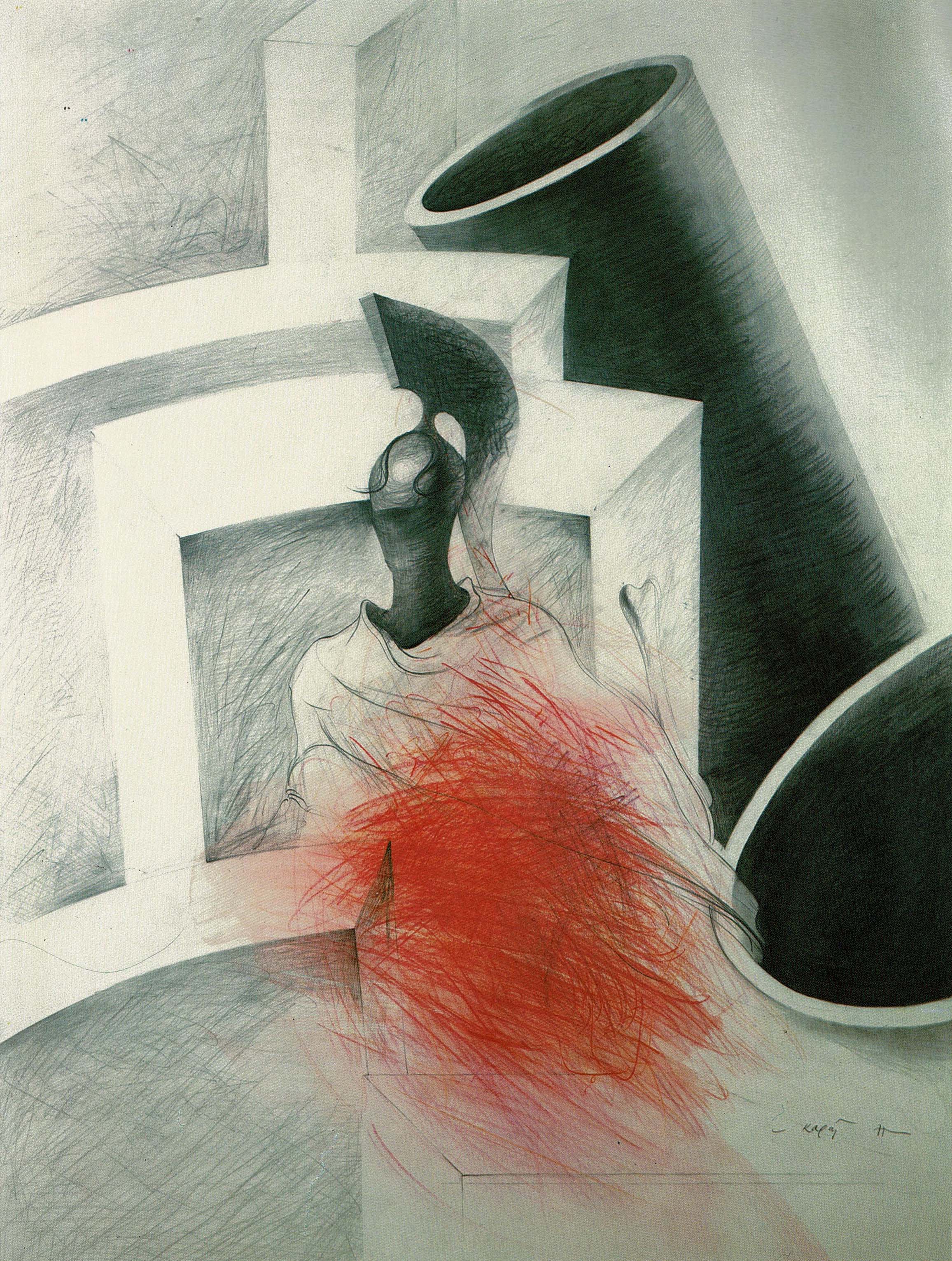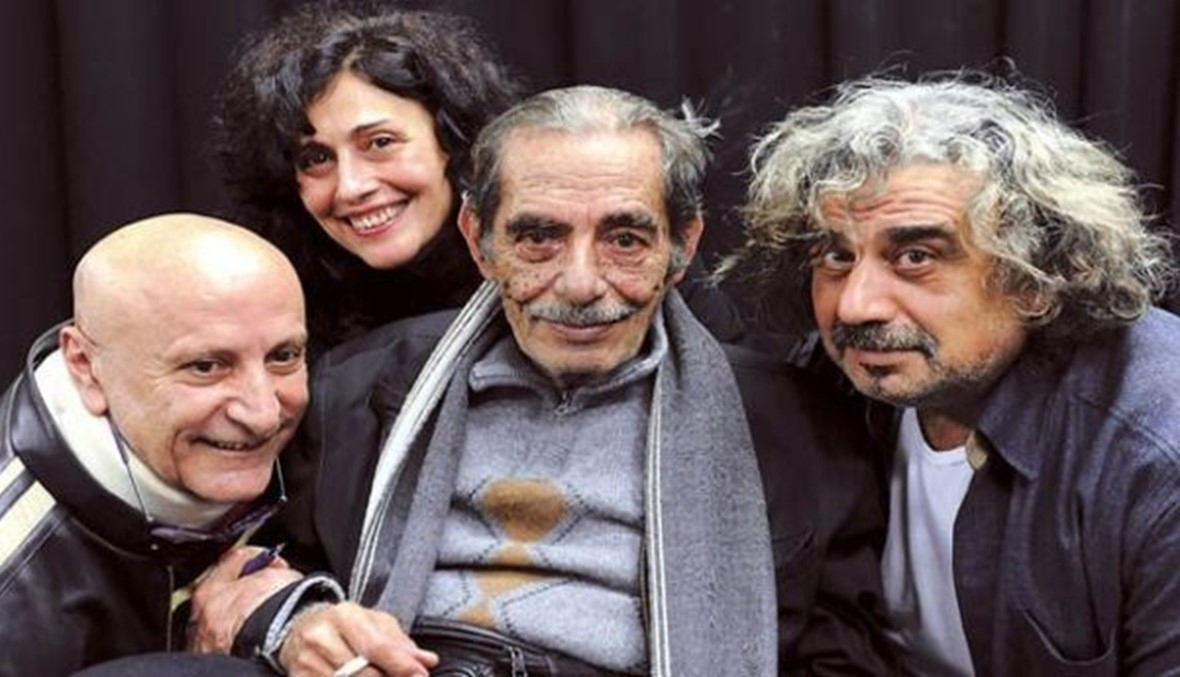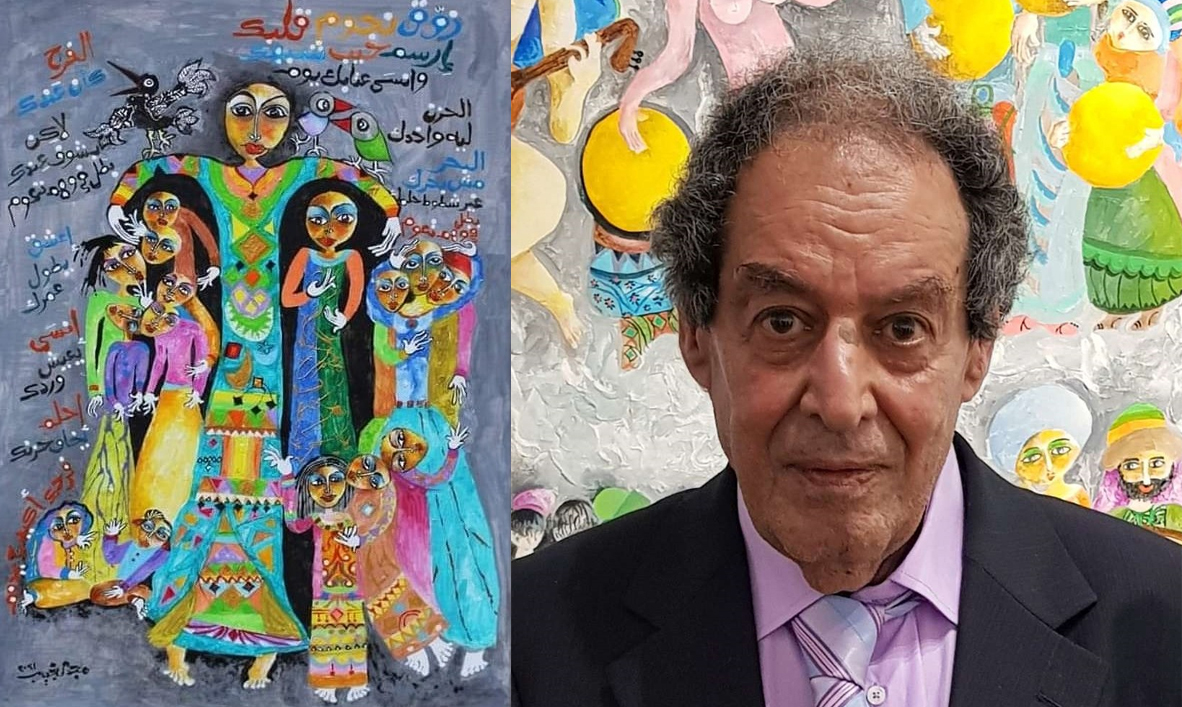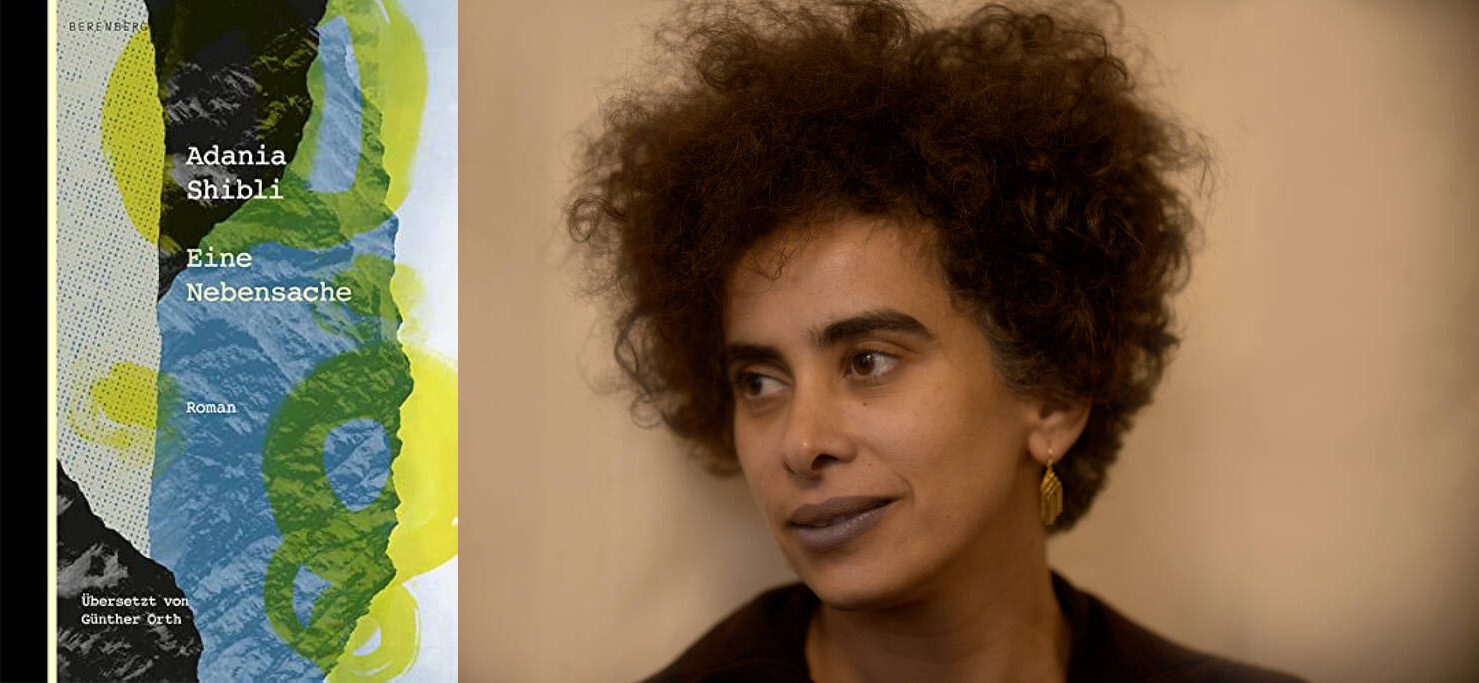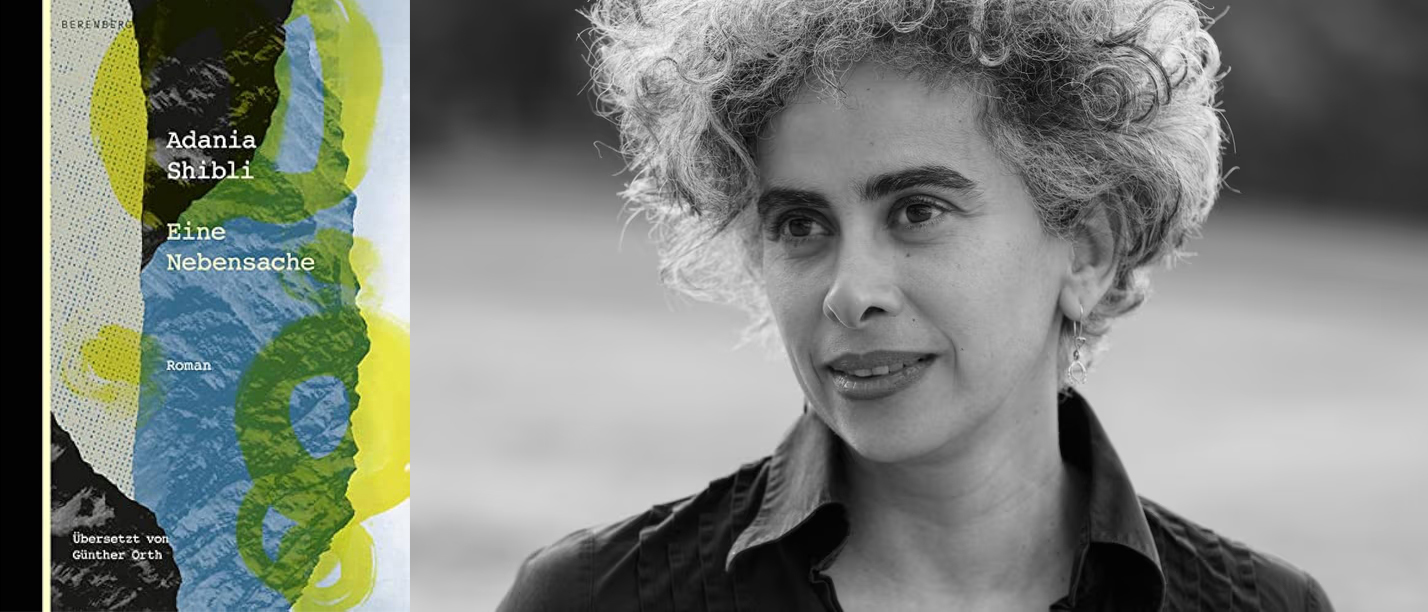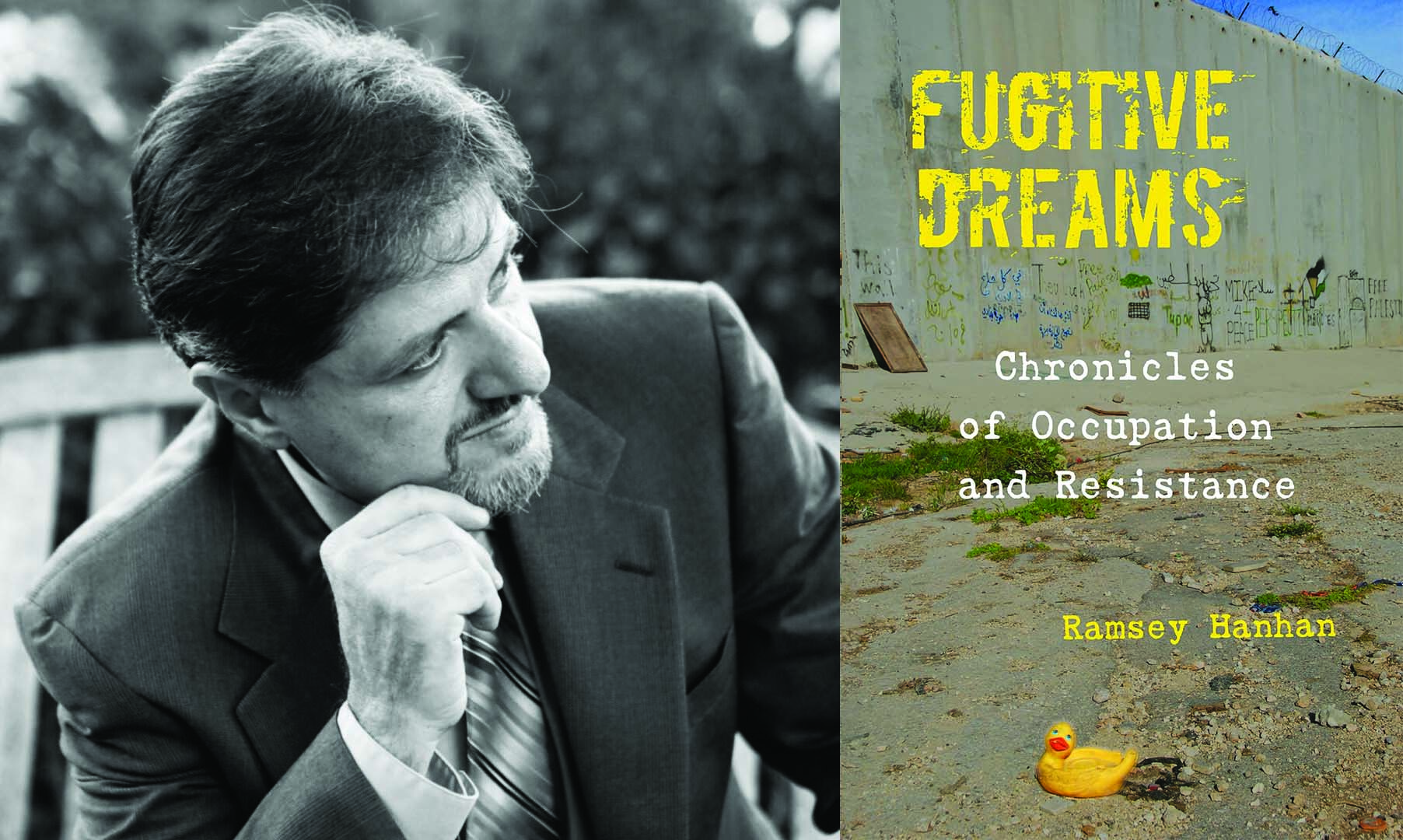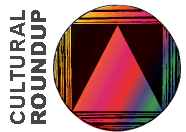
The ‘Guardian of Gaza’: Fathi Ghaben (1946-2024) Preserved Palestinian Memory, Colors, Dress, and Symbols Through Art
As if gripped by the fear of losing the history of Palestine, Fathi Ghaben kept Palestine close to him for his entire life, in his mind, art, and physical existence. Reporters, critics, and Palestinian government officials paid tribute to the artist, whose unwavering focus on Palestinian culture and memory saturated his life and work.
Multi-Talented ‘Poet of Colors’ Magdy Naguib (1936-2024) Mesmerized Music Composers and Singers of Egypt’s Musical Golden Age
The widespread reach of the Egyptian song and its artistic achievements, going beyond the Arab sphere to the rest of the world, owes its success to musicians, singers, and poets whose writings remain immortal today. Among them is the poet Magdy Naguib, who departed from the cultural scene on February 7, 2024, reports Al Habeeb Al Aswad in Al Arab newspaper. Hardly a moment goes by without news of the Arab cultural scene losing an artist, poet, songwriter, or other creative.
Postscript to ‘Indefinite Postponement’: Adania Shibli Breaks Silence on Frankfurt Book Fair Decision and Finds a Voice in the Absence of Words
When the Frankfurt Book Fair announced last October the “indefinite postponement” of Palestinian author Adania Shibli’s award for her novel “Minor Detail,” outrage erupted among critics not just in the Arab world but globally, with numerous translators, publishers, and award-winning authors condemning the decision in an open letter.
Six Years After Publication, Zionist Protests Transform Adania Shibli’s ‘Minor Detail’ Into a Major Detail
Arab reactions to the “indefinite postponement” of an award ceremony honoring Palestinian author Adania Shibli and her novel, “Minor Detail” have ranged from ideological to radical, with several voices leveraging the October 16 decision by LitProm, the awards administrator of the Frankfurt Book Fair, as yet another reason to decry Western imperialism.
Working through War: Women Tell Their Stories through the Arts
Women’s War Stories: The Lebanese Civil War, Women’s Labor, and the Creative Arts
Edited by Michelle Hartman and Malek Abisaab
Syracuse University Press, 2022
In “Women’s War Stories: The Lebanese Civil War, Women’s Labor, and the Creative Arts,” editors Michelle Hartman and Malek Abisaab curated six essays that begin to address the lack of scholarship on the role o

